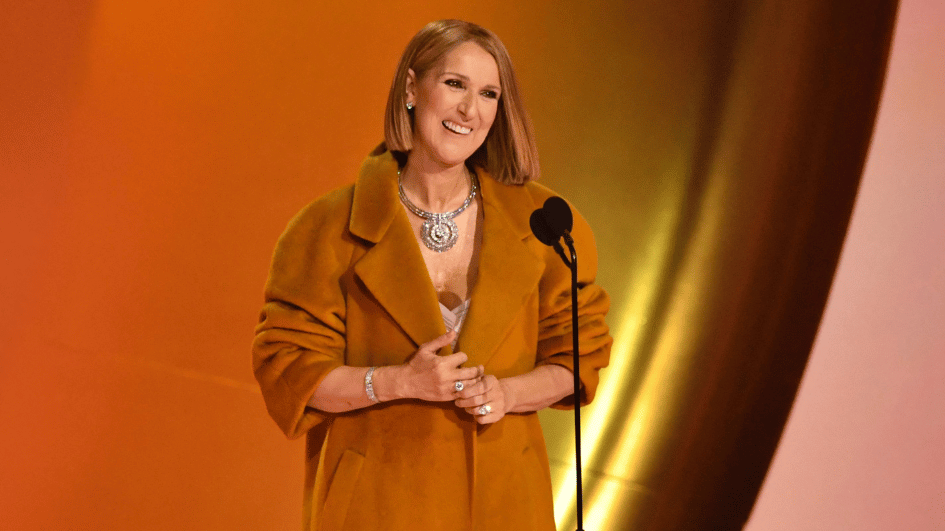China cuts two benchmark rates to prop up economy
BEIJING

China's Central Bank yesterday cut two benchmark interest rates, following several similar measures in recent days in a bid to counter the post-COVID growth slowdown in the world's second-largest economy.
Last week, the People's Bank of China (PBoC) lowered two other key rates and pumped billions into financial markets, as fresh data showed the economy continued to struggle.
The policy easing moves are the most significant yet by leaders who are trying to invigorate growth after recent indicators showed a hoped-for strong recovery after years of lockdowns was running out of steam.
China's efforts contrast with those in the United States and other Western countries, which have been forced into a series of interest rate hikes while reducing money supply to tame inflation.
Yesterday, the one-year Loan Prime Rate, which serves as a benchmark for corporate loans, was reduced from 3.65 percent to 3.55 percent, the PBoC said in a statement, while the five-year LPR, which is used to price mortgages, was cut from 4.3 percent to 4.2 percent.
Officials last week lowered the medium-term lending facility (MLF) rate - the interest for one-year loans to financial institutions - 10 basis points to 2.65 percent.
The PBoC also said it was offering 237 billion yuan ($33 billion) to banks through the medium-term lending facility "to maintain reasonable and sufficient liquidity in the banking system".
China has released a slew of weak economic indicators in recent weeks, leading to increased calls for stimulus measures.
Youth unemployment rose to a record 20.8 percent in May, while exports sank for the first time since February, official data shows.
Top economist and government adviser Liu Yuanchun this month called for regulators to cut borrowing costs further to ease the financing burden on small and medium-sized private businesses.
Reports have in recent days said Beijing is lining up a series of measures targeting multiple areas of the economy, particularly the real estate sector, which makes up a huge portion of gross domestic product.
But cutting interest rates alone is "unlikely to trigger a jump in household or corporate borrowing and spending", analysts from Capital Economics wrote in a note last week.
"In the short-run, the most effective way for officials to boost demand is to direct state entities to spend more," the analysts wrote.
















